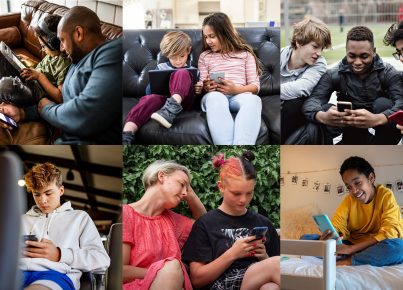Blogging has become a dynamic tool for educators who wish to enhance their classroom experience. By integrating blogging into their curriculum, teachers can offer their students a multitude of benefits that extend far beyond the traditional learning environment. Here are seven benefits of blogging in the classroom:
1. Enhanced Writing Skills: Blogging regularly encourages students to practice writing and editing, thereby improving their overall communication skills. With an audience in mind, students learn to write more clearly and effectively to convey their thoughts and ideas.
2. Technological Proficiency: Navigating and maintaining a blog requires a certain level of digital literacy. By learning how to use various blogging platforms, students acquire valuable technology skills that are increasingly important in the digital age.
3. Encourages Reflection: Blogging allows students to reflect on what they have learned and express their understanding in their own words. This process not only reinforces their knowledge but also promotes critical thinking as they analyze and synthesize information.
4. Increases Engagement: A classroom blog fosters a sense of community and involvement among students. They are more likely to participate actively when they know their work will be shared with others and can receive feedback from peers and the broader online community.
5. Boosts Confidence: As students continue to write and share their work, they gain confidence in both their writing abilities and in sharing their opinions. This can have a positive effect on all areas of learning by encouraging them to take risks and express themselves more openly.
6. Expands Horizons: Blogging connects students with a global audience, exposing them to different perspectives and cultures. It provides opportunities for collaboration with people from various backgrounds, which can enhance cultural understanding and tolerance.
7. Builds Responsible Digital Citizenship: By publishing on a blog, students learn about online etiquette, safety, and privacy. They become more aware of their digital footprint and how to be responsible contributors to the online world.
Blogging in the classroom offers a productive fusion of technology with traditional teaching methods. It equips students with skills necessary for both academic success and real-world viability while fostering a more engaging, reflective, and collaborative learning environment.





